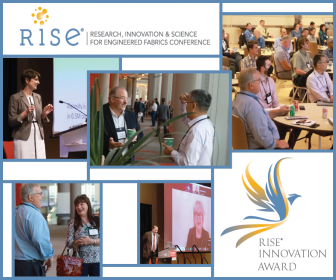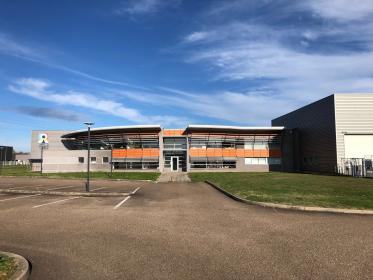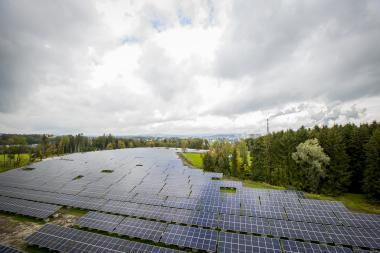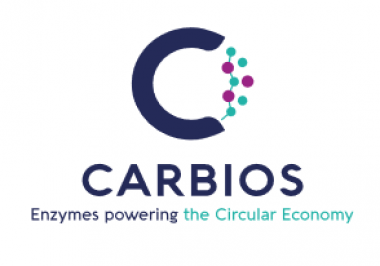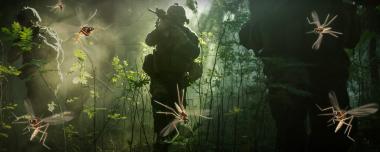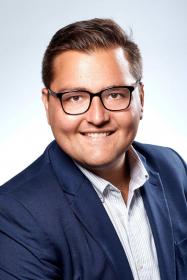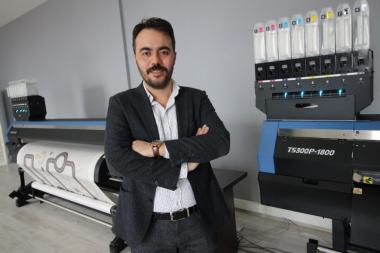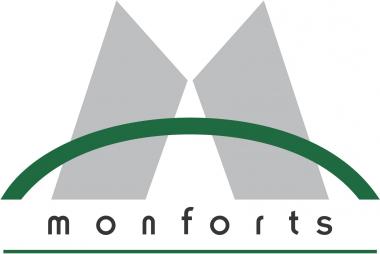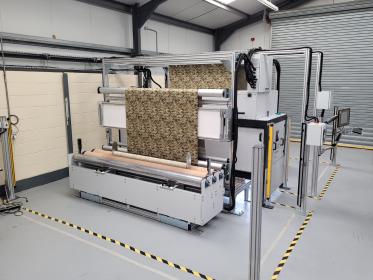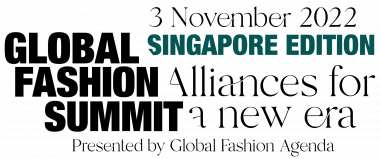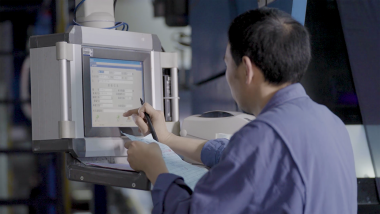INDA: Highlights of the 12th edition of RISE®
- DiaperRecycle Wins RISE® Innovation Award for Technology that Transforms Used Diapers into Cat Litter
Product development and innovators in nonwovens & engineered materials gained expert insights on material science innovation and sustainability at the 12th edition of RISE® — Research, Innovation & Science for Engineered Fabrics conference, organized by INDA, the Association of the Nonwoven Fabrics Industry, and The Nonwovens Institute, North Carolina State University, Sept. 27-28 at North Carolina State University in Raleigh, NC.
More than 20 industry, academic, and government experts from across the globe presented technical developments in sessions focused on circularity and sustainable inputs from such sources as Polylactic Acid Polymers (PLA), natural fibers, biofibers, and waste products.
Highlights included presentations on Achieving Supply Chain Circularity, by Kat Knauer, Ph.D., Program Manager – V Research, National Renewable Energy Laboratory, NREL; The Global Plastic Crisis: Winners/Losers in the Marketplace, by Bryan Haynes, Ph.D., Senior Technical Director, Global Nonwovens, Kimberly-Clark Corporation; Sustainable Fibers – Development and the Future by Jason Locklin, Ph.D. Director, University of Georgia – New Materials Institute; PLA & PLA Blends: Practical Aspects of Extrusion by Behnam Pourdeyhimi, Ph.D., William A. Klopman Distinguished Professor, and Executive Director, The Nonwovens Institute, North Carolina State University; and Mitigation of Quat Incompatibility with Cotton and other Cellulosic-based Substrates, by Doug Hinchliffe, Ph.D., Research Molecular Biologist, USDA-ARS.
RISE® Innovation Award Winner
DiaperRecycle was awarded the RISE® Innovation Award for its innovative technology to recycle used diapers into absorbent and flushable cat litter. The annual award recognizes innovation in areas within and on the periphery of the nonwovens industry that use advanced science and engineering principles to develop unique or intricate solutions to problems and advance nonwovens usage.
By diverting used diapers from households and institutions, and separating the plastic and fiber, DiaperRecycle strives to decrease the climate-changing emissions of diapers from landfills. “I am thrilled and grateful to win this award — as it proves we are on the right track,” said Cynthia Wallis Barnicoat, CEO of DiaperRecycle.
Other award finalists included Binder BioHook® by Gottlieb Binder GmbH & Co. KG and Sero® hemp fibers from Bast Fibre Technologies, Inc. (BFT).
The 13th edition of RISE® — Research, Innovation & Science for Engineered Fabrics conference will be held Sept. 12-13, 2023 at North Carolina State University in Raleigh, NC.
INDA


